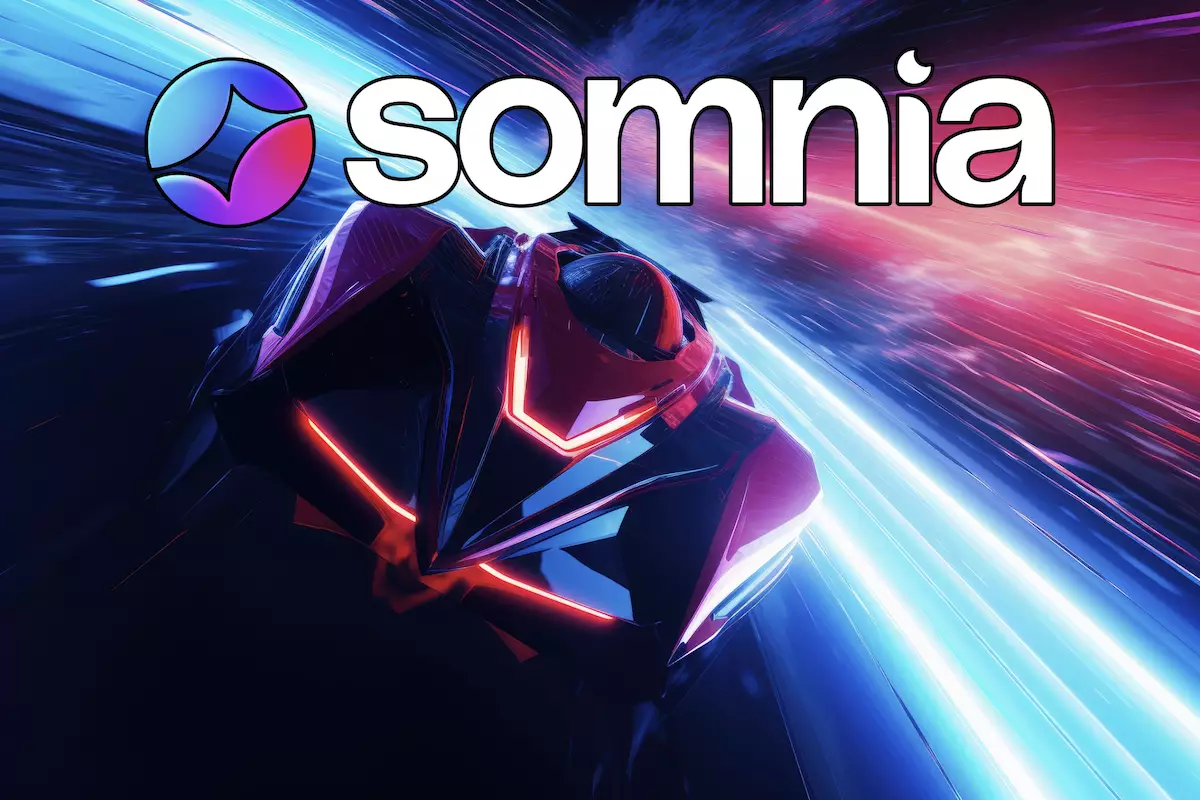As the digital landscape continues to evolve, the convergence of traditional gaming and blockchain technology is emerging as a significant trend. Somnia, a layer-1 blockchain specifically designed to cater to high-demand consumer applications, is spearheading this movement. With an ambitious plan to onboard millions of casual gamers into the blockchain realm, Somnia aims to redefine the landscape of online gaming. At the heart of its strategy is the blockchain’s remarkable capacity to process over 400,000 transactions per second (TPS), thereby ensuring an uninterrupted gaming experience that doesn’t falter under pressure.
One of the challenges facing blockchain adoption in the gaming community has been the sluggishness often associated with transaction processing. Gamers demand instant gratification, and any delays can lead to frustration. Somnia has taken proactive measures to address this issue by showcasing impressive performance metrics during its development testing phase. These preliminary tests on the devnet have demonstrated not only rapid transaction speeds but also a robust ability to scale. By ensuring on-chain actions occur in real-time, Somnia commits to mitigating common blockchain obstacles such as congestion and exorbitant fees that have traditionally plagued the industry.
A defining element of Somnia’s offering is its commitment to “reactive” applications—those that automatically respond to real-world and on-chain events without needing third-party intermediaries. Traditional blockchains often require developers to incorporate off-chain systems to facilitate functionality like quest rewards or event notifications. Somnia’s architecture, however, streamlines this process by integrating built-in events, timers, and verifiable randomness on blockchain itself. This innovation not only lowers costs and reduces tedious coding but also establishes a framework for a genuinely decentralized environment that bypasses the reliance on external services.
Somnia’s ability to handle vast transaction volumes—coupled with its low fees and sub-second finality—unlocks new opportunities for developers looking to create expansive virtual worlds laden with intricate graphics and compelling narratives. This means that high-stakes gaming experiences, often replete with dynamic features and interactive storylines, can now be fully recorded on-chain. The innovative architecture enables the development of not just conventional games but also engaging experiences such as predictive marketplaces and real-time event advertising, expanding the horizons for both developers and players alike.
Acknowledging the necessity of financial support in fostering innovation, Somnia has introduced a remarkable $10 million grant program designed to facilitate the growth of GameFi projects. This initiative aims to assist budding developers in transforming their ideas from mere sketches into fully realized games. Furthermore, the grants come with comprehensive engineering support, ensuring teams have access to expert guidance throughout their development process. By investing in the creative community, Somnia is not just cultivating innovation; it is actively dismantling barriers that hinder progress within the sector.
Paul Thomas, the visionary founder of Somnia, encapsulates the spirit of this initiative by highlighting the historical constraints faced by blockchain gaming. According to him, the advancement of technology is finally poised to liberate developers from these limitations, paving the way for real-time, scalable games that capture player satisfaction. His assertion serves as a rallying call for developers who are ready to embrace this new chapter of Web3 gaming—one where creativity is no longer stifled by technological boundaries.
Somnia’s entrance into the gaming market is not merely a technological upgrade; it represents a profound shift in how gaming experiences are conceived and delivered. With its unparalleled transaction capacity, innovative application features, and strong support system, Somnia could very well lead the revolution towards a blockchain gaming renaissance. As it removes obstacles previously faced by developers and gamers alike, it stands at the forefront of a burgeoning industry ready to explore uncharted territory. In doing so, Somnia is on the verge of ushering in a new era that promises to enhance not just the way games are made but how they are experienced as well.














